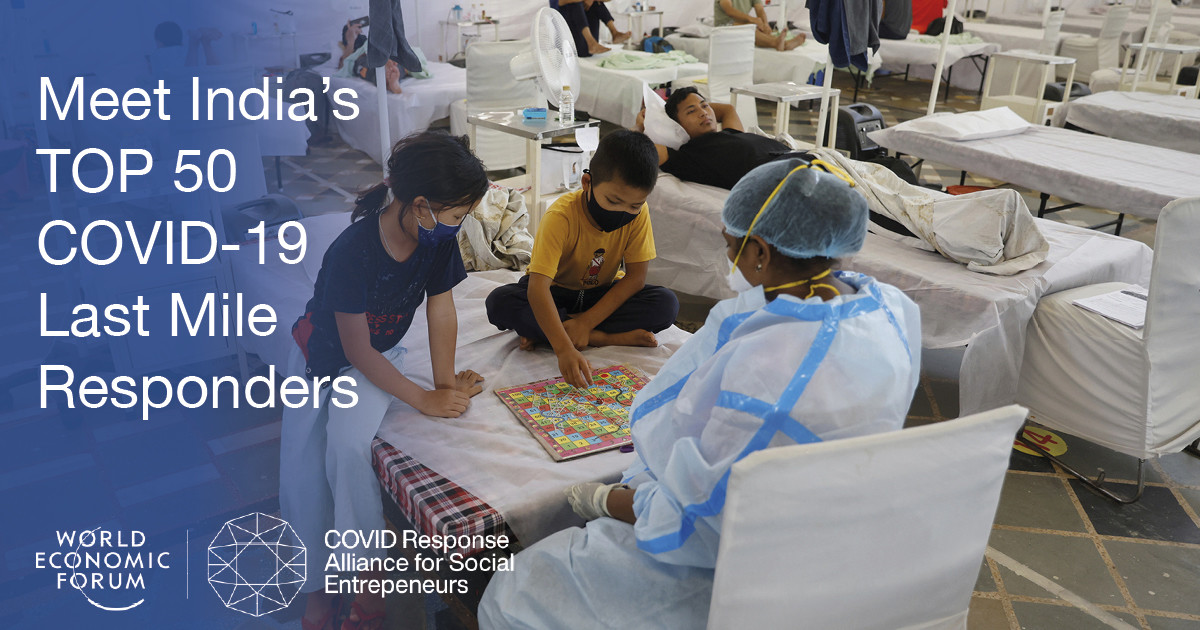COVID-19: What you need to know about the coronavirus pandemic on 22 September

The Chelsea Flower Show is taking place, delayed from its usual spring slot. Image: REUTERS/Toby Melville

Explore and monitor how COVID-19 is affecting economies, industries and global issues

Get involved with our crowdsourced digital platform to deliver impact at scale
Stay up to date:
COVID-19
- This daily round-up brings you a selection of the latest news and updates on the COVID-19 coronavirus pandemic, as well as tips and tools to help you stay informed and protected.
- Top stories: UN Secretary-General criticizes globe on vaccine inequity; Northern Chinese city of Harbin in semi-shutdown; Singapore reports highest new confirmed cases since April 2020.
1. How COVID-19 is affecting the globe
Confirmed cases of COVID-19 have passed 229.5 million globally, according to Johns Hopkins University. The number of confirmed deaths stands at more than 4.7 million. More than 5.98 billion vaccination doses have been administered globally, according to Our World in Data.
Romania could start offering a third COVID-19 vaccine dose to medical staff and at-risk people as early as next week.
New Zealand has announced higher fines for COVID-19 rule breakers, as the director general of health warned that the country might not get to zero COVID-19 cases again.
Singapore has reported 1,178 new COVID-19 cases - its highest figure since April last year.
Poland will recommend a COVID-19 vaccine booster dose for those aged over 50, plus healthcare workers.
Two biomedical centres in Argentina and Brazil have been selected by the Pan American Health Organization to develop and produce mRNA-based COVID-19 vaccines.
Colombian President Ivan Duque has told the UN General Assembly that vaccine inequity exposes the globe to the risk of new COVID-19 variants.
The IMF's Chief Economist, Gita Gopinath, has called for coordinated action and greater accountability to ensure the world meets a target of vaccinating 40% of people in every country by the end of this year.
The US is planning to donate another 500 million COVID-19 vaccine doses, according to a Reuters source.
Panama has announced it will offer a third COVID-19 vaccine dose to moderate and severely immunocompromised people from this week.
Johnson & Johnson has said that a second shot of its COVID-19 vaccine, given about two months after the first, increased its effectiveness to 95% against moderate to severe forms of the disease. That compares with 70% protection with a single dose.

2. UN Secretary-General criticizes globe on vaccine inequity
United-Nations Secretary-General António Guterres has given a frank assessment of the global vaccine rollout.
Addressing the annual meeting of world leaders at the UN in New York, he described the inequitable rollout of COVID-19 vaccines as an 'obscenity' and gave the world an 'F in ethics'.
"This is a moral indictment of the state of our world. It is an obscenity. We passed the science test. But we are getting an F in Ethics," Guterres told the U.N. General Assembly.
3. Northern Chinese city of Harbin in semi-shutdown
The northeastern Chinese city of Harbin has gone into a semi-shutdown after reporting its first locally transmitted COVID-19 cases since February.
The city, which is home to 10 million people, reported 3 new local cases and told residents to avoid leaving town unless for essential reasons. Indoor venues such as cinemas, gyms and mah-jong parlours were also shut, and tourist sites were ordered to limit visitor traffic at half of their capacity, state television reported on Tuesday.
In-person learning has also been suspended at the city's schools.
India’s leading COVID-19 last-mile responders
Don't miss any update on this topic
Create a free account and access your personalized content collection with our latest publications and analyses.
License and Republishing
World Economic Forum articles may be republished in accordance with the Creative Commons Attribution-NonCommercial-NoDerivatives 4.0 International Public License, and in accordance with our Terms of Use.
The views expressed in this article are those of the author alone and not the World Economic Forum.
Related topics:
The Agenda Weekly
A weekly update of the most important issues driving the global agenda
You can unsubscribe at any time using the link in our emails. For more details, review our privacy policy.
More on COVID-19See all
Charlotte Edmond
January 8, 2024
Charlotte Edmond
October 11, 2023
Douglas Broom
August 8, 2023
Simon Nicholas Williams
May 9, 2023
Philip Clarke, Jack Pollard and Mara Violato
April 17, 2023






